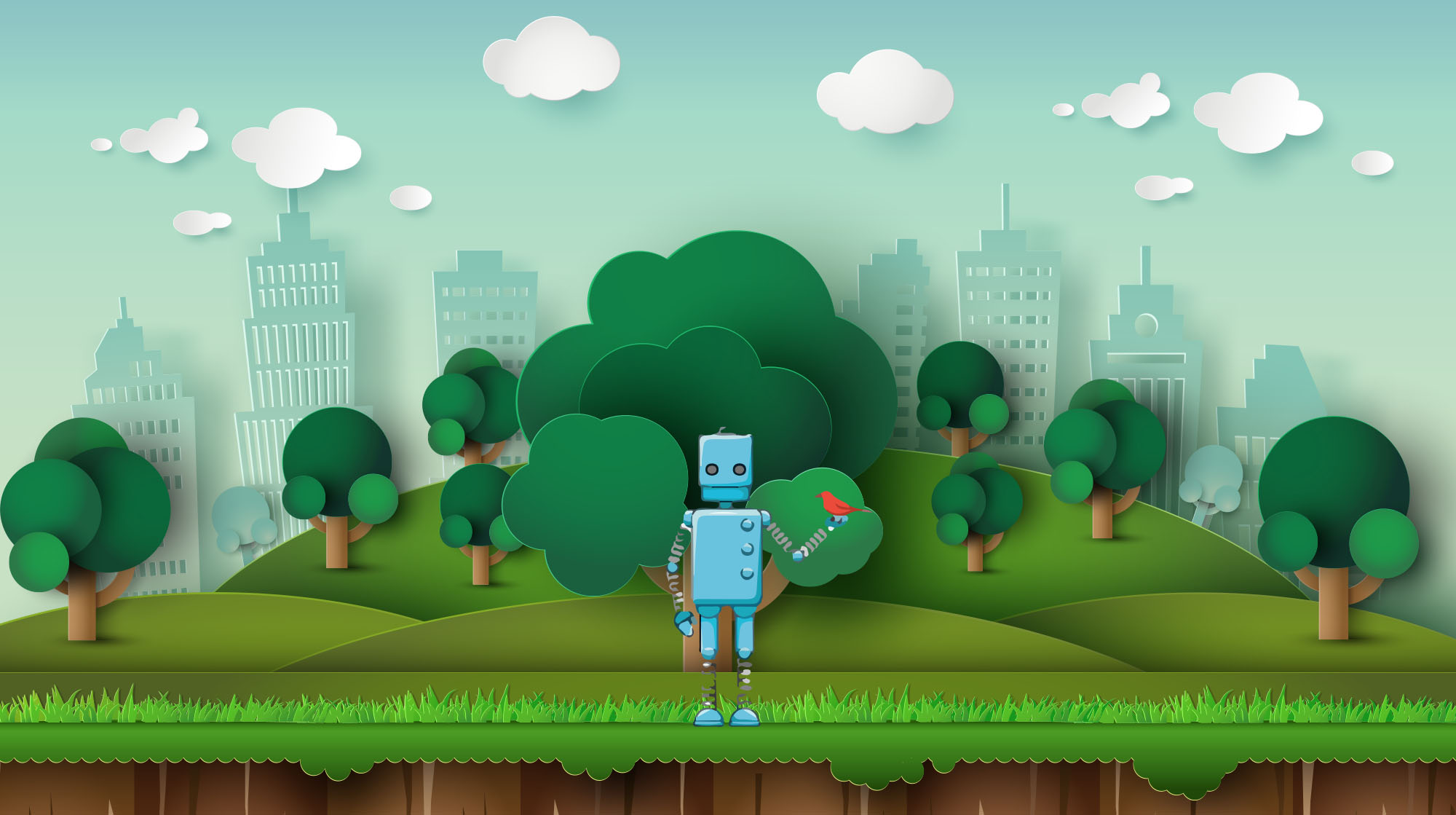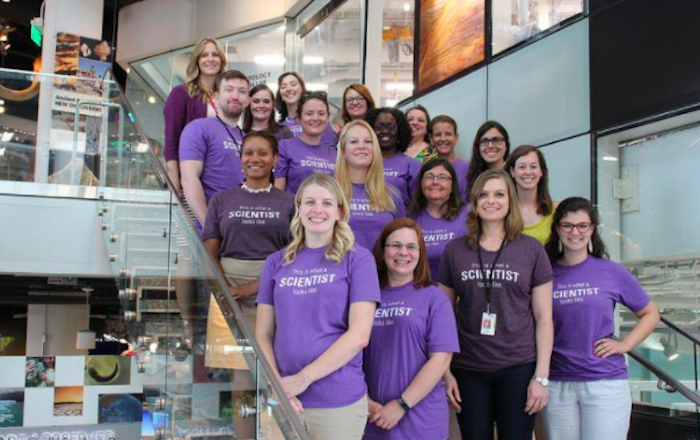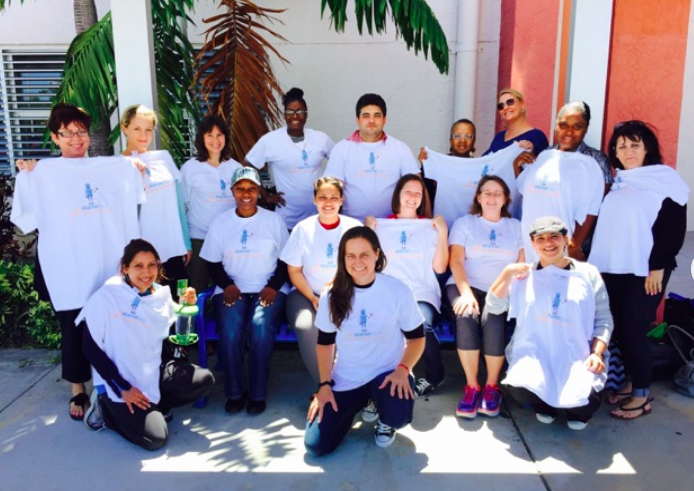Brief
SciStarter
Connected Science Learning April-June 2018 (Volume 1, Issue 6)
By Jill Nugent, Lea Shell, and Darlene Cavalier

With support from the National Science Foundation (NSF), SciStarter 2.0 was launched to enhance, diversify, and validate participant engagement in scientific research in need of the public’s help. SciStarter’s leadership is part of the National Academy of Sciences’ Committee, Designing Citizen Science to Support Science Learning, which is developing guidelines and a research agenda for citizen science in education.
Increasing participation in citizen science
SciStarter and its partners continually collaborate to advance the field of citizen science and increase opportunities for all audiences to participate. The National Science Teachers Association (NSTA) shares SciStarter’s “citizen science projects of the week” for science educators and publishes a citizen science column in each edition of the organization’s middle-level journal, Science Scope. As part of “STEM Journeys,” Girl Scouts USA and SciStarter now offer the Girl Scouts’ Think Like a Citizen Science Journey. Additionally, SciStarter has joined forces with PBS to bring citizen science to television audiences. The TV programs The Crowd and the Cloud and SciGirls have led to promising education outcomes for participants.
Resources for educators
SciStarter offers a number of resources for formal and informal educators, including an educator page, an annual “Back-to-School Citizen Science” blog series, and additional blogs about citizen science in the classroom. One blog post, for example, shares advice on how to choose your first project and integrate citizen science in your classroom, school yard, and beyond!
Students Discover
SciStarter’s Project Finder allows you to find such projects as Ant Picnic, Urban Buzz, and The Great Pumpkin Project, all created by Students Discover, an NSF-funded project that shares citizen science opportunities. Teachers and scientists cocreated Students Discover’s education resources with the ultimate goal of empowering learners to actively engage in the process of discovery.

(Image credit: Lea Shell, Students Discover)
Addressing the learning goals of STEM and the NGSS
Citizen science allows informal and formal educators to address the science and engineering practices of the Next Generation Science Standards (NGSS) while engaging students in relevant, real-world science, both locally and globally. Each summer, STEM educators in Florida’s Broward County School District rate and review hundreds of projects on SciStarter while aligning them with the NGSS Science and Engineering Practices. You can find their reviews on the “Educators Say” feature in the ratings and reviews on each project page. Furthermore, in both formal and informal learning settings, citizen science “uniquely addresses robust STEM learning goals through learning that is as much about personal interest and identity as it is about content and concepts.”

Photo credit: Lisa Milenkovic, Broward County Schools
Join the movement
The time is now for citizen science to become an integral part of 21st-century science education, and SciStarter is ready to catalyze this movement in formal and informal learning environments. We invite you to help advance and improve science education by integrating citizen science in formal and informal learning environments. During the month of April, many events, including the City Nature Challenge, take place as a part of Citizen Science Day, a partnership between SciStarter and the Citizen Science Association. Events such as these provide an excellent entry point to try citizen science with new audiences, including students. If you are interested in bringing SciStarter into your classroom, school, district or institution, please email us at info@SciStarter.com to learn more about SciStarter Education. Or, just sign up for SciStarter and get started today! We look forward to collaborating with you.
Jill Nugent (j.nugent1@snhu.edu) is the associate dean of science for online STEM programs at Southern New Hampshire University in Manchester, New Hampshire. Lea Shell (LeonoraShell@gmail.com) is an entomologist, educator, and director of digital curation at the Rob Dunn Lab at North Carolina State University in Raleigh, North Carolina. Darlene Cavalier (darlene@scistarter.com) is the founder of SciStarter, coauthor of The Field Guide to Citizen Science, and a professor at the School for the Future of Innovation in Society at Arizona State University in Tempe, Arizona.


